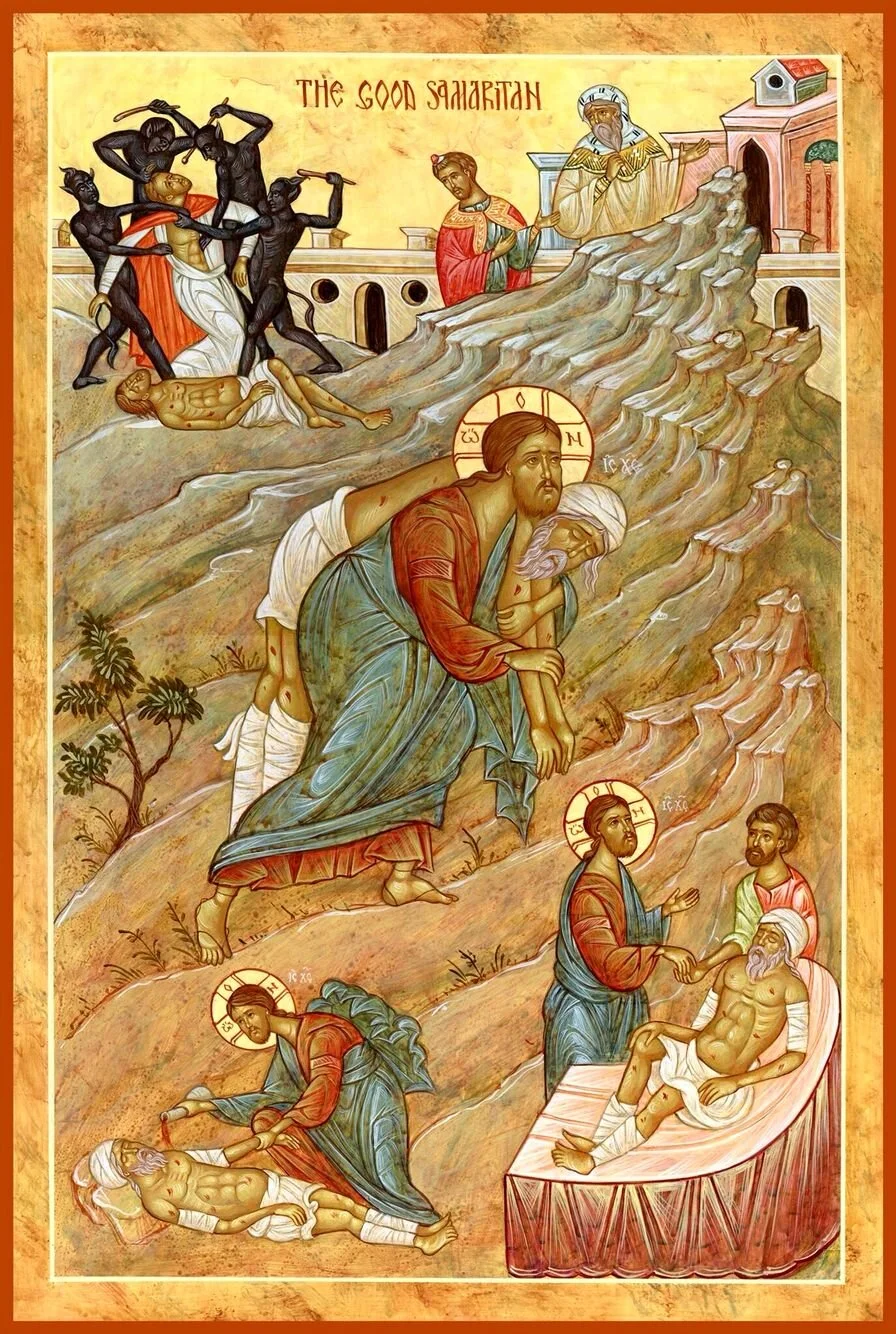On Christian Service- Fr Matthew the Poor
Taken from ‘Words for Our Lives: The Spiritual Words of Matthew the Poor’, Ancient Faith Publishing.
On Christian Service
This is taken from a dialogue Fr Matthew had with some visitors to the Monastery of St Macarius the Great in 1981.
One of the major problems with service in the Church today is that the servant wants to rejoice in his service before Christ does. He yearns to see a profit before Christ sees it. He wants to enjoy the strength and gladness that return to him from his ministry and to use the incoming fruits as a stimulus for further service. We must, however, understand a basic principle of our ministry: that this ministry is not our own. Whatever we say of our service is only derivative. When we speak of “our ministry” or “our children,” we are really speaking of Christ’s ministry and Christ’s children. A priest will often say, “Pray for me. My ministry is weakening and my flock is weary.” No, father priest, wake up and realize that it is Christ’s own ministry, and it is His flock— you are one of the sheep— and He is the only Shepherd. I must indeed personally befriend the children I serve, but He is the true Friend. I am only carrying out my stewardship for their service, and I must one day give an account of my stewardship to my Master. It is the Master alone who has the authority to tell me, “Well done, good and faithful servant.”
So our understanding of service needs to change. Only the Lord possesses a perfect awareness of His flock’s needs. Only He can decide when to grow it, when to shrink it; when to fuel it with zeal, and when to compassionately tend it because of its weakness; when to require hard labour of it, and when to give it rest. That’s His job. My job is simply to stand at a distance to perceive His will and to follow His leading.
I cannot consider myself ultimately responsible for the amount of fruit His ministry produces. It is very possible that He wants to use my name for His service but not my fruit. He might want to serve through my lowliness but not through my words. Some people have been edified simply by my abjectness when I had nothing profitable to say. What kind of “fruit” are we to look for otherwise? In the past I’ve been told, “We like you”; but that still leaves doubts in my mind. Did what I told them benefit them? Was their praise mere words? It has often seemed to me that my words yield a very small advantage to the hearers. I have often felt that my efforts go unrewarded.
But a servant ought not to think like this. Your efforts might be completely successful; they could be making those you serve better than you and more worthy of eternal life. Do you think your job is to make everyone a scholar like yourself? Or to stuff them with knowledge like yourself? They may have found a door to salvation you don’t know about; it’s a small and lowly door, which you have to empty yourself of all your accolades and degrees in order to fit through.
Sometimes God serves (unknowingly to us) through our reputation in other places. For example, a person might be serving in a church in Shubra, and his ministry affects people in Alexandria; but the people he serves in Shubra pay him no attention. He will be tempted to murmur and say, “Why are all the churches around me filled with people while my church is empty? Don’t I serve just as well as the servants in other churches?” As he grows old, he complains to God, “Why didn’t I reap the benefits of my toil?” And approaching death, he says, “All have forsaken me, and I am alone. Woe is me, and woe is my ministry! Everyone else has achieved success but me. I must have been serving in the wrong field. Those whom I served proved to be unworthy of my words and my service. Oh, my ministry was such a waste!”
Who said such things? St. Paul did. But Paul died, and dioceses sprouted up everywhere afterwards. God served the world through Paul’s name and through Paul’s death, and the fruit reaped thereby has been many, many times more valuable than the fruit reaped during Paul’s life. His death proved to be a hundred thousand times more productive than his life.
Our service, you see, cannot be weighed or evaluated by the level of our exertions. Neither can our service be weighed by the number of people who follow us or listen to our sermons. Christian ministry should never be gauged by size or by numbers. I will tell you by what Christian ministry should be measured: our willingness to die to the world. If you have truly died to the world and taken Christ into your heart, be certain that your service can never fail, but will rather continue to shine from generation to generation.


